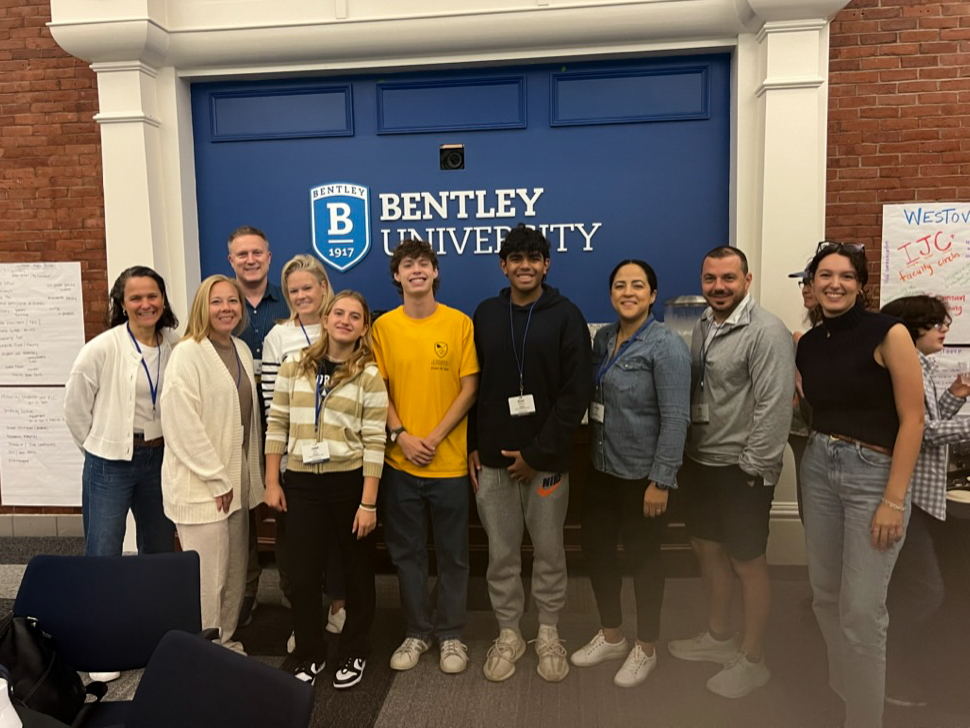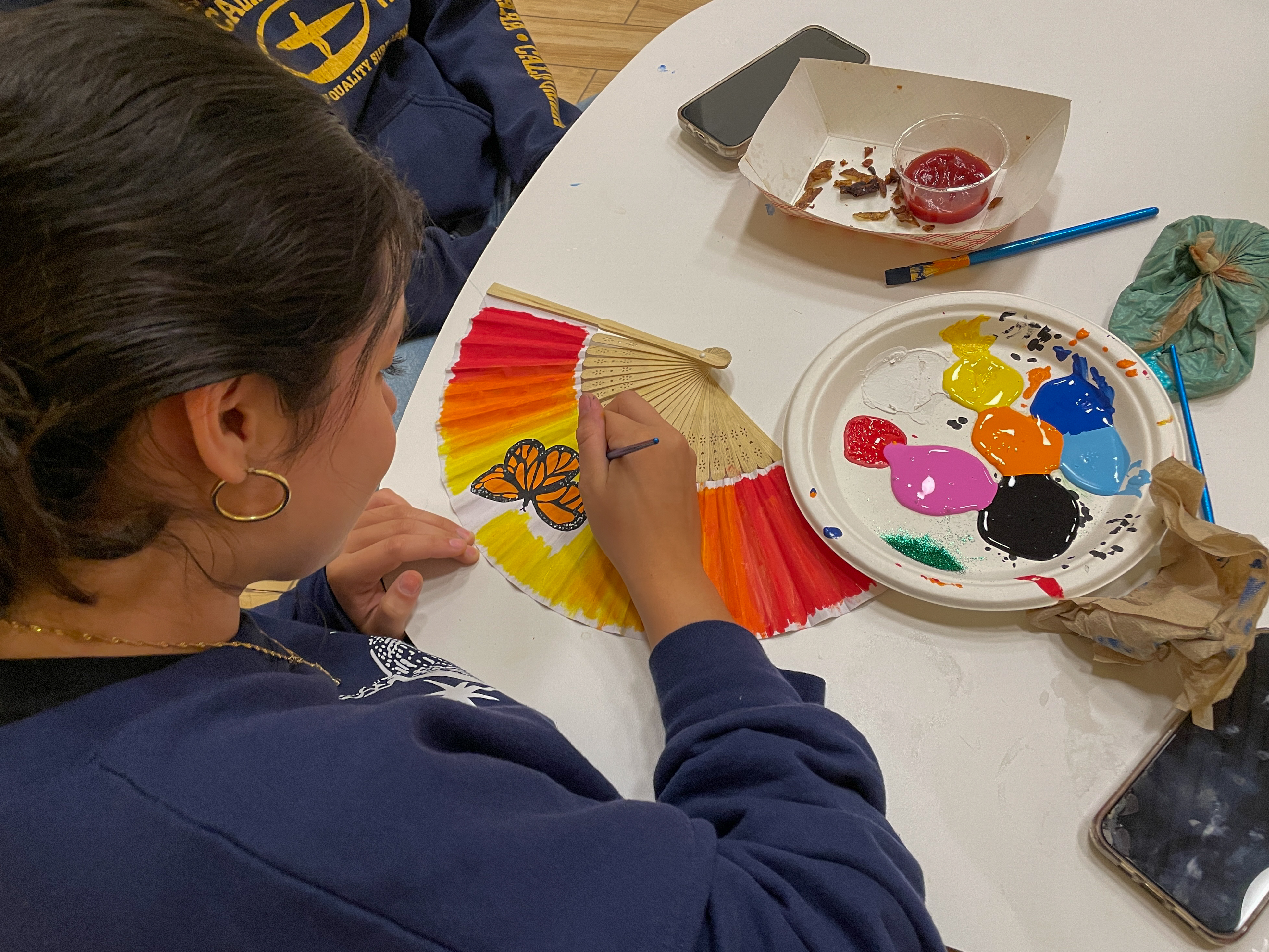Amidst conversations about how the new daily schedule will impact new and preexisting courses next year, the School released the 2017-18 course catalogue last week. Key changes in the catalogue include several new electives, a modified sixth form English curriculum, and a lack of AP courses.
Dr. Katie Jewett, Director of Curricular Initiatives, explained, “It’s always good to look intentionally at the curriculum and take advantage of an opportunity like the new schedule. I think that the courses next year will be, as a result, better. They’ll be informed by a lot of different sources and optimized to the students’ and the teachers’ expertise and interest.”
The School incorporated extensive feedback from both students and faculty in the process of assembling the new course catalogue. Dr. Jewett said, “A crucial part of the process has been getting a feel for our curriculum and schedule from the student perspective. We had advisory groups to receive student comments. Talking to other schools has also helped inform what we’re doing.”
She continued, “One thing we heard from students when we talked about curriculum was that people want flexibility. Students feel as though it takes forever to get through the graduation requirements, and they look at all these electives in the course catalogue and say, ‘When am I going to be able to take these?’ We’re trying to make sure that students have the opportunity to take lots of courses in the multidisciplinary department, the i.d.Lab, and more.”
Students echoed those sentiments. Sarah Platt ’18 said, “I know that by senior year, there’s a lot of people who end up saying, ‘I wish I’d done this,’ or ‘I wish I’d done that,” but now there’s more room for academic exploration.”
There will be a wide range of new electives offered in the fall. The Science Department will be offering Advanced Topics in Environmental Science, Advanced Topics in Anatomy and Physiology, Genetics, and Animal Evolution. Dr. Selena Gell, who was involved in developing the Genetics, as well as the Cell and Molecular Biology, courses, said, “With seventy minutes per period to play with, both courses will center around hands-on lab activities. Having longer periods will allow us to do experiments without having to wait for our weekly lab block.” She continued, “Long blocks also facilitate project-based learning. Students will work in groups to dive deeply into understanding the tools, potentials, and risks of modern biotechnology.”
In addition, the English Department will also be offering an ample amount of new electives. One such course is Pandora’s Box: Humanity and Machines, which explores the relationship between humans, technology, and the concept of consciousness. Mr. Stephen Farrell, an English teacher instrumental to the course’s creation, said, “Films are an essential part of the course, and the longer class time will open up greater possibilities for seeing three to four films during class.”
Students have mixed opinions of the ways the new daily schedule will impact classes. Grace Lawrie ’19 said, “Extended class time will allow for a more in-depth approach to each lesson and give the opportunity for a wider variety of teaching approaches. With only forty-five minutes, there’s just enough time to go over homework, answer a few questions, and then introduce a new topic.”
Jonathon Joei ’18 held a different opinion. He commented, “I’m afraid that because next year will be the first to undergo these new course and schedule changes, we’re going to be subject to a lot of missteps. I feel nervous entering this new period of time because I’m not sure what it’s going to bring, and I’m not sure if the administration’s research or the students’ input is going to work out for the school as a whole.”
Dr. Jewett concluded, “Throughout this process, we’ve tried to keep the student experience central. I always try to keep that in mind — we all do — as we think about what’s best for the School.”




